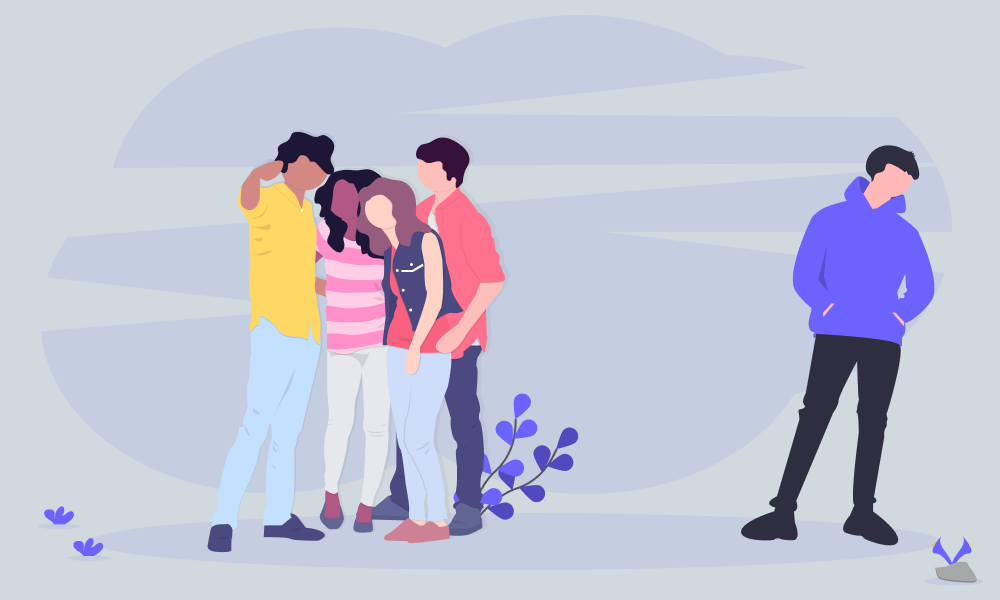Ritika Kanapareddy - Why I’m an LGBTQ+ Ally
Feeling Like an Outsider in Your Own Community
Although I don’t identify as LGBTQ+ I have had experiences of feeling like an outsider in my own community. To grow up with people and family and friends who now treat you as if you're different or don’t fit in. As if you’re a different person based on whom you love or how you feel about your identity.
Having these experiences made me ask the question - what does it mean to be Indian? Is it my skin being brown or is it my unique, hard-to-pronounce name? Is it following the expected path to be married to an Indian man and have a successful career while raising children? And how is it that you can be Indian yet not be Indian enough? How is it that society says they support you when they still stare and judge behind closed doors? These experiences of feeling like an outsider in my own community got me thinking about how it must feel if you’re Indian and LGBTQ+.
When I think of the word “culture”, I think of it as a community of people that are inclusive and open to everyone who chooses to be a part of that group. But honestly, I’ve come to learn that there are really standards, which define your place or even acceptance into a community. And you either meet them or you don’t. You think we don’t notice the judgy looks when we walk across the room, or the endless secret whispering about what we’re wearing or what rumor about us has spread, or even the acting nice to our faces in private but acting like we’re strangers in public. I didn’t know I would be born into a community that expects me to be and act a certain way. I didn’t choose to have to hide or pretend to be something else to please others. I wish I could be the Indian that people expect me to be but not if that means losing myself in the process.
As an ally of the LGBTQ+ community, I understand that being left out and judged is what a lot of the LGBTQ+ community feels at some point in their journey. Of course, there is blatant oppression and prejudice that they may face, but I think it is the smaller digs or microaggressions that can sometimes be just as bad. It is your family trying to change the subject when someone asks about your partner, or when you must dress differently when you're at home versus with your friends, or just even having to downplay your character or liveliness to be the person people expect from you. That kind of pain hurts worse—when people say they accept you but really, they tolerate your choices while still expecting you to act as they always wanted. It’s as if you're free or “out” when, in reality, you’re trapped and forced to accept this as what it’ll be.
I’m still me, the person you know and love. I still want to be a part of this community and feel included as I once was. I hope this isn’t all that there is. I, as an Indian American, deserve to feel included and wanted in a group that accepts me as I am now. I, as an ally, will fight to show how exclusion can really hurt someone’s sense of worth and freedom to be themselves. It’s not just stopping those who actively speak out against equal rights or blatantly act out against the LGBTQ+ community, but also those who show their hatred or disrespect in more subtle ways to make members of a community feel unwanted or merely tolerated, waiting for them to change. The change will happen, sometimes one person at a time, and I will do my best to help it along.
Ritika Kanapareddy - An LGBTQ+ Ally


